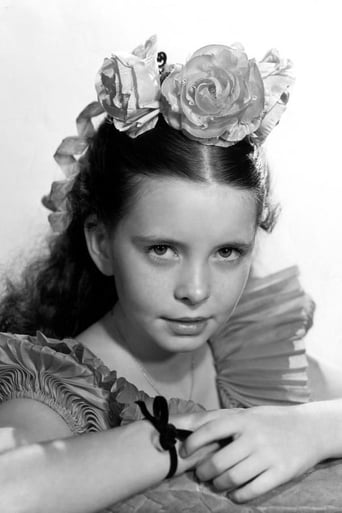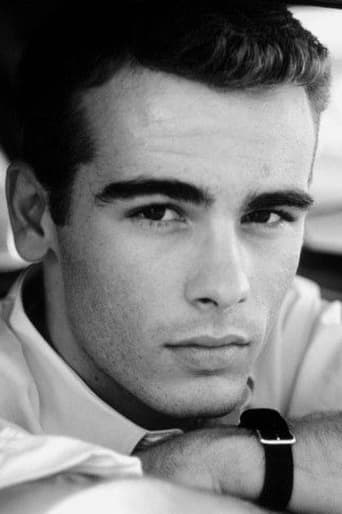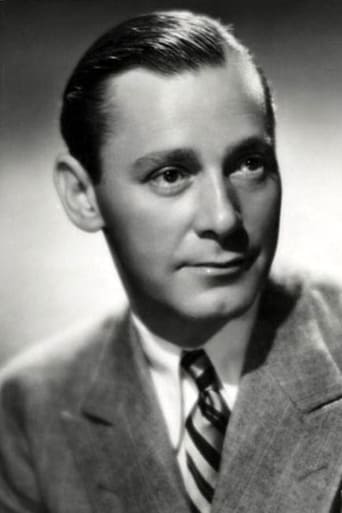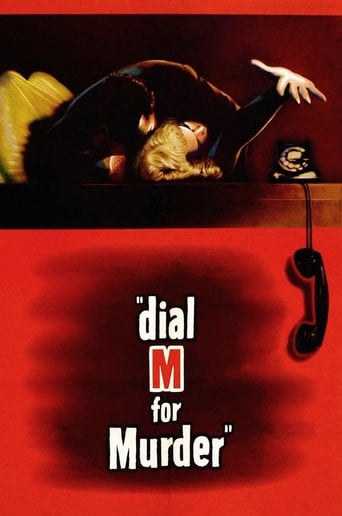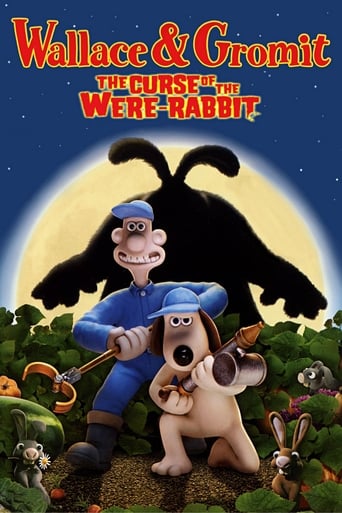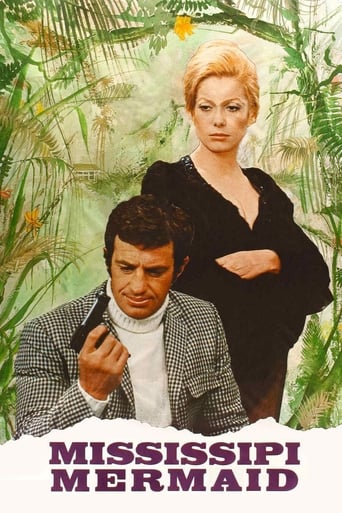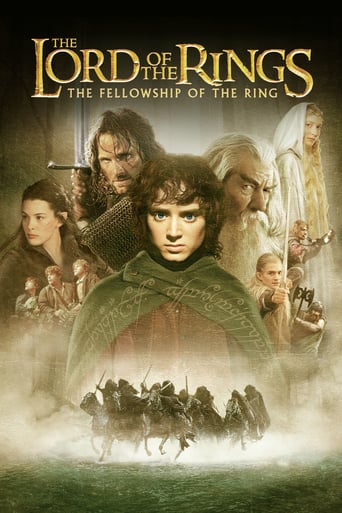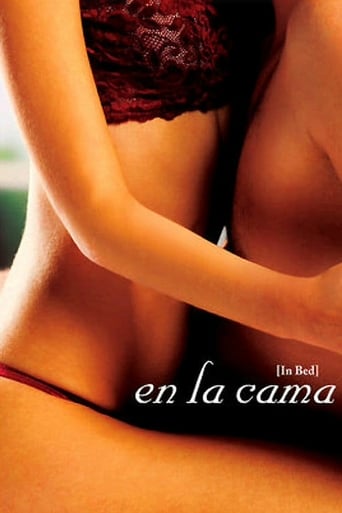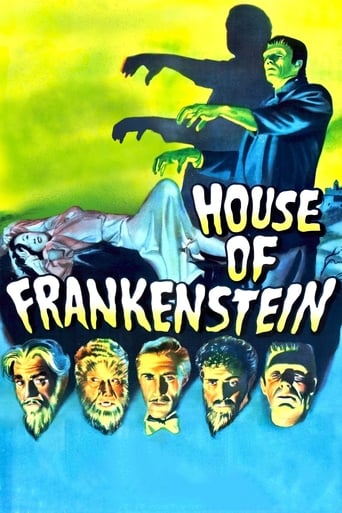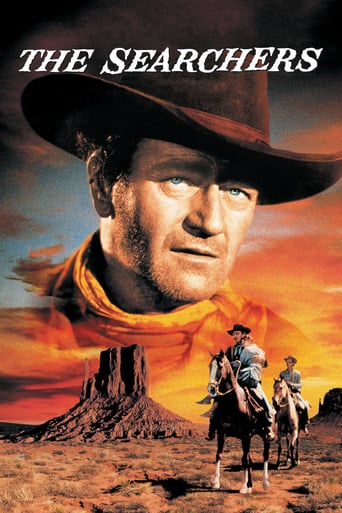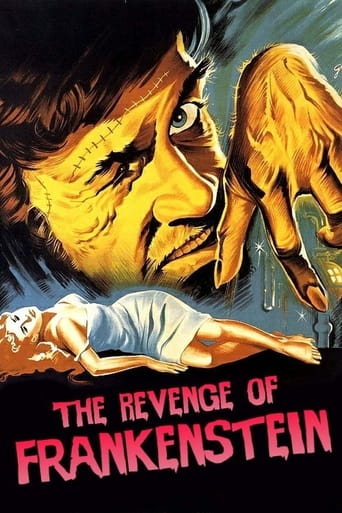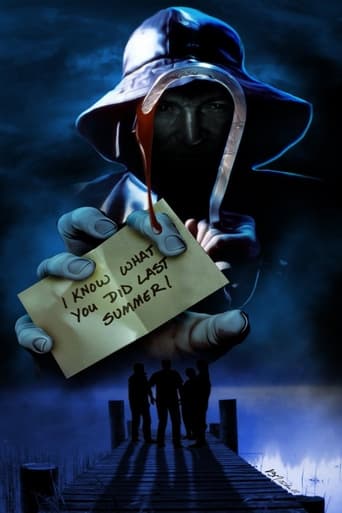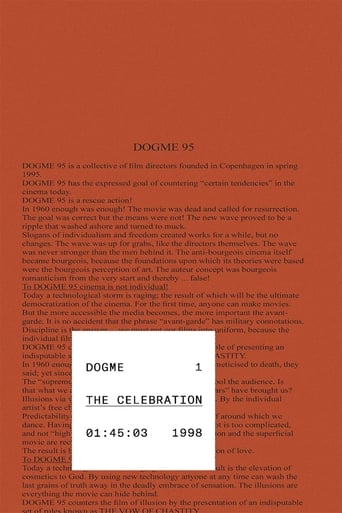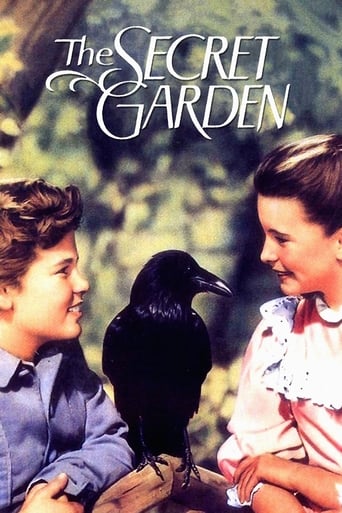
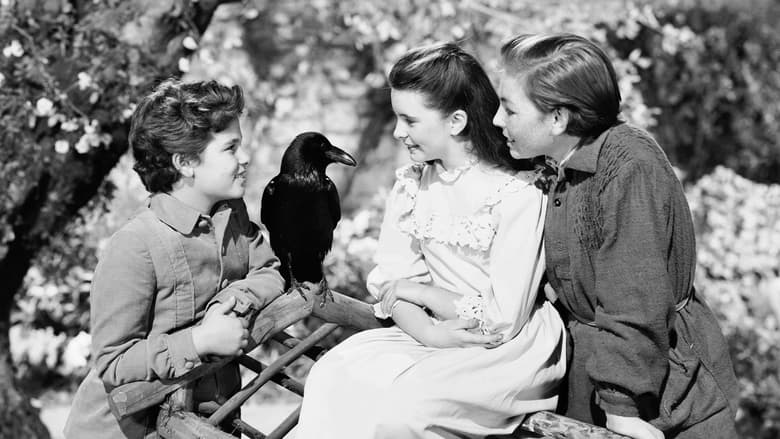
The Secret Garden (1949)
When Cholera takes the parents of Mary Lennox, she is shipped from India to England to live with her Uncle Craven. Mary changes the lives of those she encounters at her Uncle's remote estate.
Watch Trailer
Cast


Similar titles
Reviews
Child star Margaret O'Brien leads a young(ish) central cast including Dean Stockwell and Brian Roper. The first two looked a couple of years older than the 10 year old characters and Roper was 20, and although he looked younger than that, he didn't look like a child (albeit the character is supposed to be a little otherworldly, think Francis of Assisi or Melampus). The black and white cinematography is good and the transition to colour when the Secret Garden begins to bloom is quite effective. While not as scenic or true to the book as the 1994 version, this is a good retelling with the notable exception of the axe scene. Why the writers felt that the possibility of murder needed to be introduced, then immediately dropped, into a children's tale of love, loss, and rebirth is beyond me.
This is one of the many versions of this movie made over the years. I think it functions well as a representative movie of that sub-genre of 'Fairy Tales (For Adults).' It is a fable in that children—at least in this case--teach adults a valuable moral lesson.When a spoiled child, Mary (Margaret O'Brien) living in India is orphaned because her parents die of a cholera epidemic, she is sent to England to live with her strange uncle (Herbert Marshall). He is has a dark mood, is reclusive, and really doesn't want to be bothered by her or anyone else. Left to her own devices, she roams around her new surroundings--within her uncle's explicit restrictions--and discovers how best to get along. While walking on the grounds of his estate, she meets one of the servant's boys, Dickon (Brian Roper). Dickon tells Mary that there is legend of a secret garden somewhere on the grounds. He also tells her that the garden is walled in and has been totally unkempt for years and no one can find the key to its gate.Later, while in the house, Mary hears human screaming but can get no information from any of the servants about it. Finally, she finds a bedridden boy about her age, Colin (Dean Stockwell). Colin tells Mary that he is 'throwing a temper tantrum'. Like her, he seems spoiled and kowtowed to by the servants. When the Mary and Dickon find the key to the garden gate, they enter and find it overgrown and neglected, as predicted by the legend. But, the garden seems to be something within the children's ability to change, and as they revitalize the garden we learn more about its symbolic power. It holds the answer to many of the past's mysteries that simply needed to be 'unlocked and used' to be discovered.Thinking of the story's symbolism a bit, one could imagine that the children in the garden—the only part of the movie in color--represent something of a Garden of Eden--in reverse. That is, it is unspoiled by the world around it after being re-discovered by children (sort of a return to the innocence of Eden--Before The Fall).Another interpretation might be that, just as Freudian psychoanalysis unmasks forgotten childhood memories to 'see the past,' a child-like state of questioning is often necessary to rediscover a healthy state of being. After all, in the movie, the Herbert Marshall character often refers to himself as on the brink of insanity. But, when the children bring him back in the garden, he is restored in mind and spirit.
This is a marvel of a film in many ways, for its extreme contrasts and almost paradox nature of joining utter horror tragedy with the idylls of paradise. It's a story of children written for children, but the film actually turns it almost into a horror feature, as the screaming child in the nights would give anyone compulsory nightmares, especially since no explanation is provided. Adding to the gloomy horror nature of a Dickens nightmare at its worst is Gladys Cooper as the totally cold-blooded aunt who is worse than a death skull in her insensitivity, and of course Herbert Marshall as the uncle, who for once has the opportunity for a different character than a gentleman. The tantrums are not those of his forcibly crippled son but of his own, which he projects on the world around him and especially on his only son, in a morbid effort to turn him into the same guilt complex martyr as himself. The scenes with the children are terrific, but the great trick is the use of the black-and-white somberness that dominates the film as a base for the effect achieved when the film bursts into color. This had already been used effectively, especially in "The Portrait of Jennie" with Jennifer Jones and Joseph Cotten, another masterpiece of cinematic artwork, but here it is more demonstrative, as if the contrasts between the dark gloom of hell and the paradise of the secret garden needed accentuating. It was remade in 1994 by Agnieszka Holland all in color, which definitely transcends this earlier version, abstaining from the horror ingredients and sticking more convincingly to the story with emphasis on making the psychology work. Nevertheless, both versions are well worth seeing and returning to, in some ways complementing each other, this one as the more dramatic and Holland's as the more beautiful. Of course, on such a great and enchantingly constructive story about lovable children bringing life into a world of decay around them, no film could fail.
The book by Frances Hodgson Burnett is an enchanting piece of literature. This adaptation is very good, and very good as a film, but can I be honest? I prefer the 1993 film, as I grew up with it, and it never fails to move me. The film could have been longer by three minutes, and Herbert Marshall I found rather dull as the grieving, melancholic uncle. However, this version of The Secret Garden is beautifully mounted, the cinematography, scenery, sets and costumes are very wondrous. Plus the music score, story and script still maintain the charm, and the direction is focused. In terms of performances Margaret O'Brien is very spirited as Mary, while Elsa Lanchester is typically splendid as Martha, Reginald Owen is charming as Ben Weatherstaff the gardener and Gladys Cooper is suitably beastly and tyrannical as Mrs Medlock. Overall, very well done and I liked it very much, it's just that I have a preference to the 1993 film. 8/10 Bethany Cox


